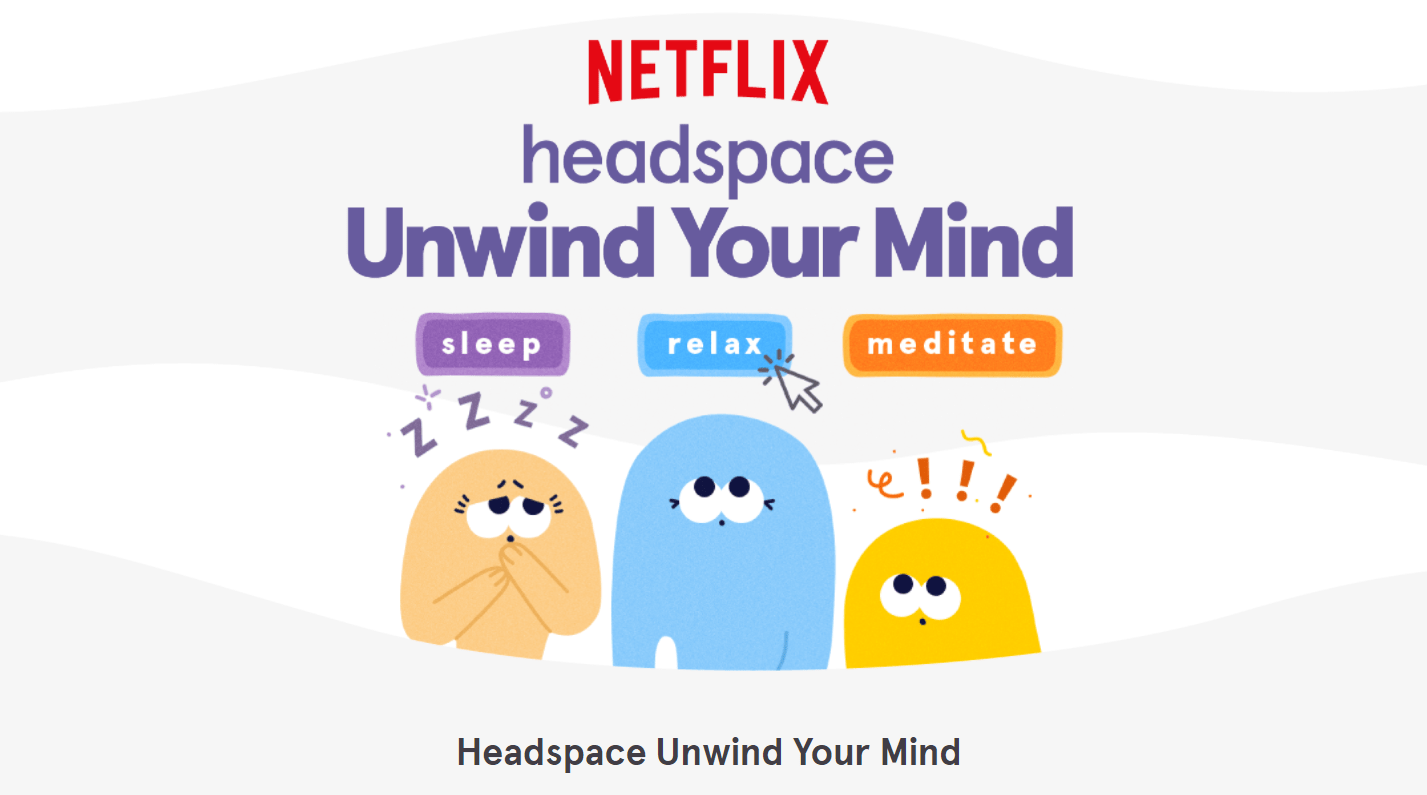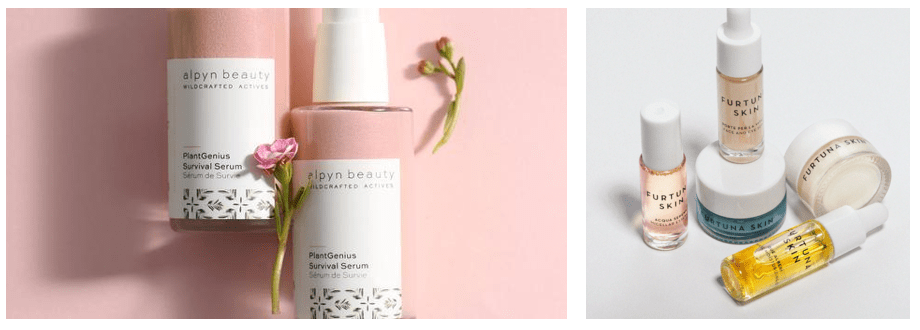I happily DIY it
The DIY trend is driven on the one hand by an increasing need for self-expression and self-actualization, and by a shift to more sustainable living on the other. Both needs have been around for some time now, but they were accelerated by the pandemic. The global pause also allowed us to reflect on our own goals and meaning in life. Through DIY we control not only the ingredients used, but also our ecological footprint. In addition, actively seeking out new challenges – learning new things, creating things ourselves – also gave us a sense of control and peace. Many of us started growing our own vegetables, baking bread, taking online courses… The Spanish vegan cosmetics brand ROWSE is sharing DIY recipes on its website and sells ceramic pots for that purpose. The DIY Natural Skin Care workshop at the Belgian YUST (hotel, restaurant & event space) was sold out in no time.
Brands should coach instead of preach
Consumers look for a life(style) coach to help them achieve personal projects, rituals and routines more easily. In a strongly changing world, people need more personal goals and achievements, and pay more attention to physical and mental well-being. Wellness apps deliver both, and are therefore booming. Meditation app Headspace became even more popular through its collaboration with Netflix. In Japan, Finc is the number one wellness app – through gamification, it helps achieve health goals and instantly exchange them for beauty products.

During the pandemic, a general trend was to shift our social interactions to virtual spaces – concerts and festivals in Fortnite and Minecraft, virtual clothing collections in Animal Crossing, and even visiting medical professionals online. In South Africa, Discovery and Vodafone collaborated to enable consumers to visit a doctor via their computer. In Thailand, SCB Bank sponsored the health app Doctor A-to-Z for virtual consultations.
I want immunity
This pandemic is obviously a health crisis. Consumers were already more focused on resilience and wellness before the crisis anyway, and the increased attention for hygiene seems to accelerate various health trends.
Consumers crave for the nurturing nature. The lockdowns makes them revalue walks and spending time in nature. Brands can bring a bit of nature into the home, or highlight using natural ingredients and production methods. Wild-harvested ingredients are a real trend in clean beauty. Wild-growing plants have survived time and adapted to the changing environment, which makes them more potent and effective than cultivated alternatives. Furtuna Skin’s ingredients are picked in private estates in Sicily that have remained untouched for over 400 years. Alpyn Beauty’s face mask are made with ingredients such as Virginia Huckleberries that grow on mountain slopes.

In the pursuit of immunity, beauty brands (such as Britain’s Gallinée, which offers capsules with the same concentration as 25 probiotic yogurts), supplement start-ups (such as the Israelian Nutricco, which combines a smart nutrition tracker with personalized vitamins) as well as subscription services (such as the health supplement subscriptions by POP store in Singapore) could win the hearts of concerned consumers.
Wish to learn more about these and other consumer trends? Get your free download of our 2021global trend report!








